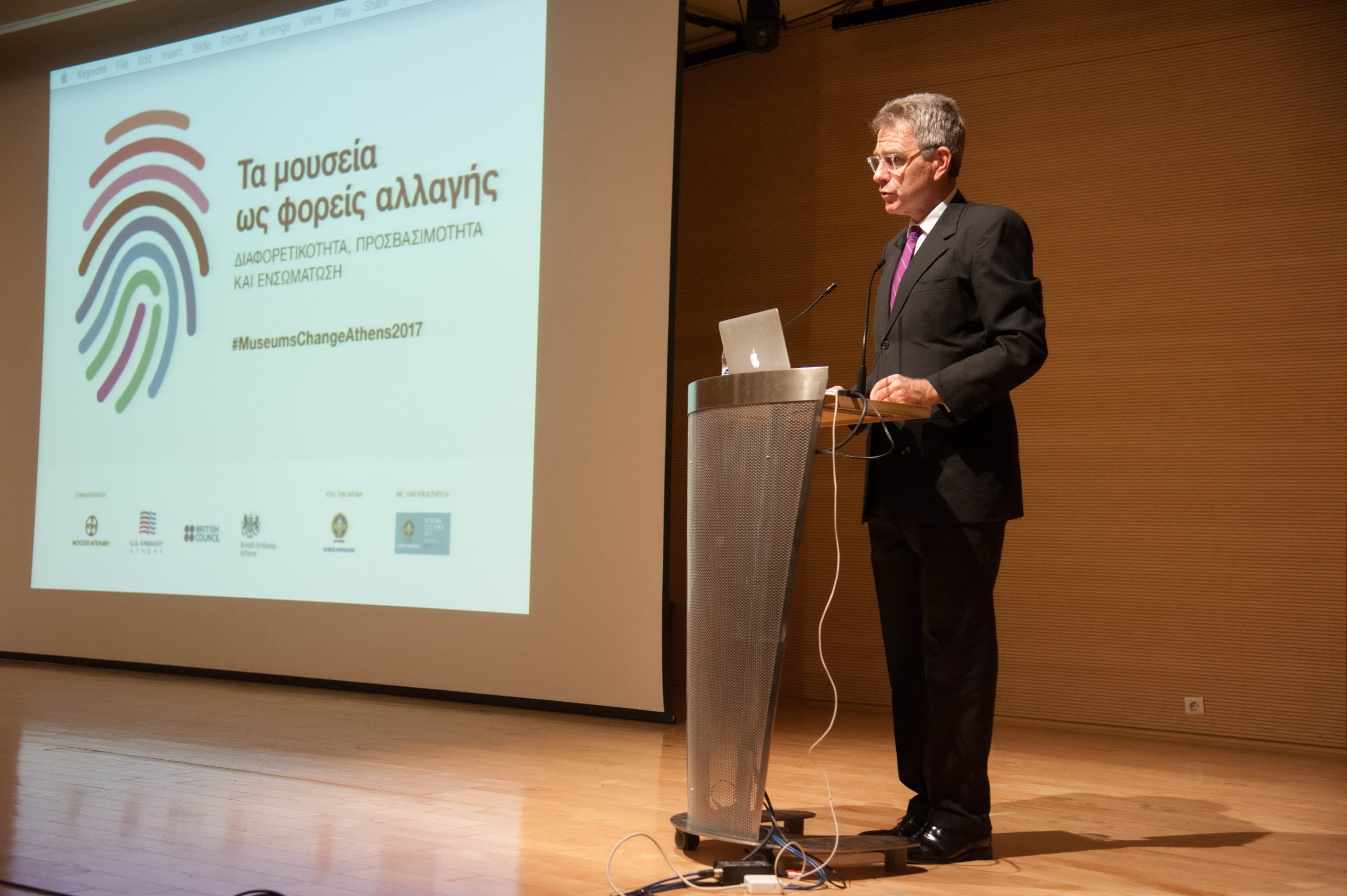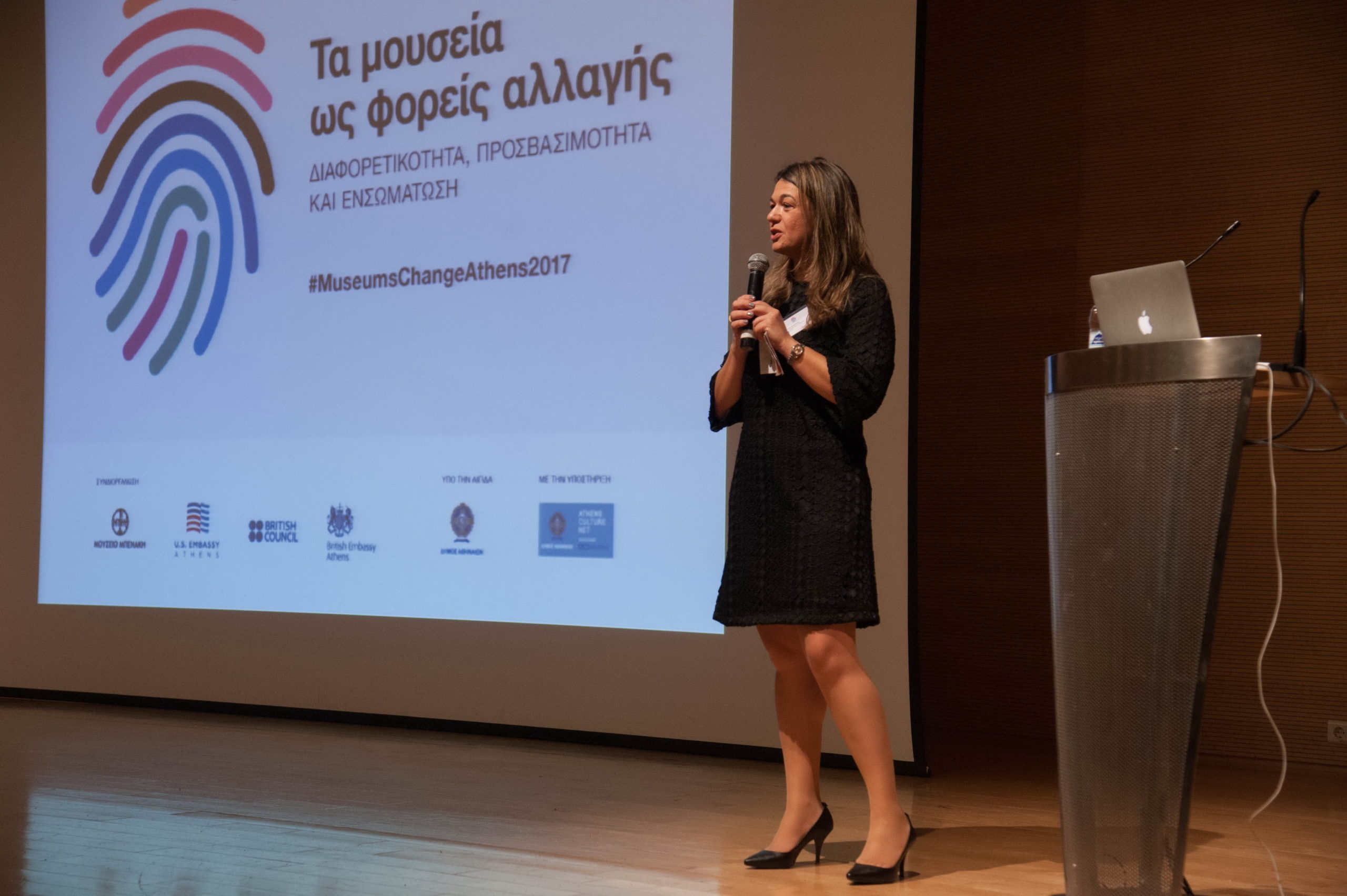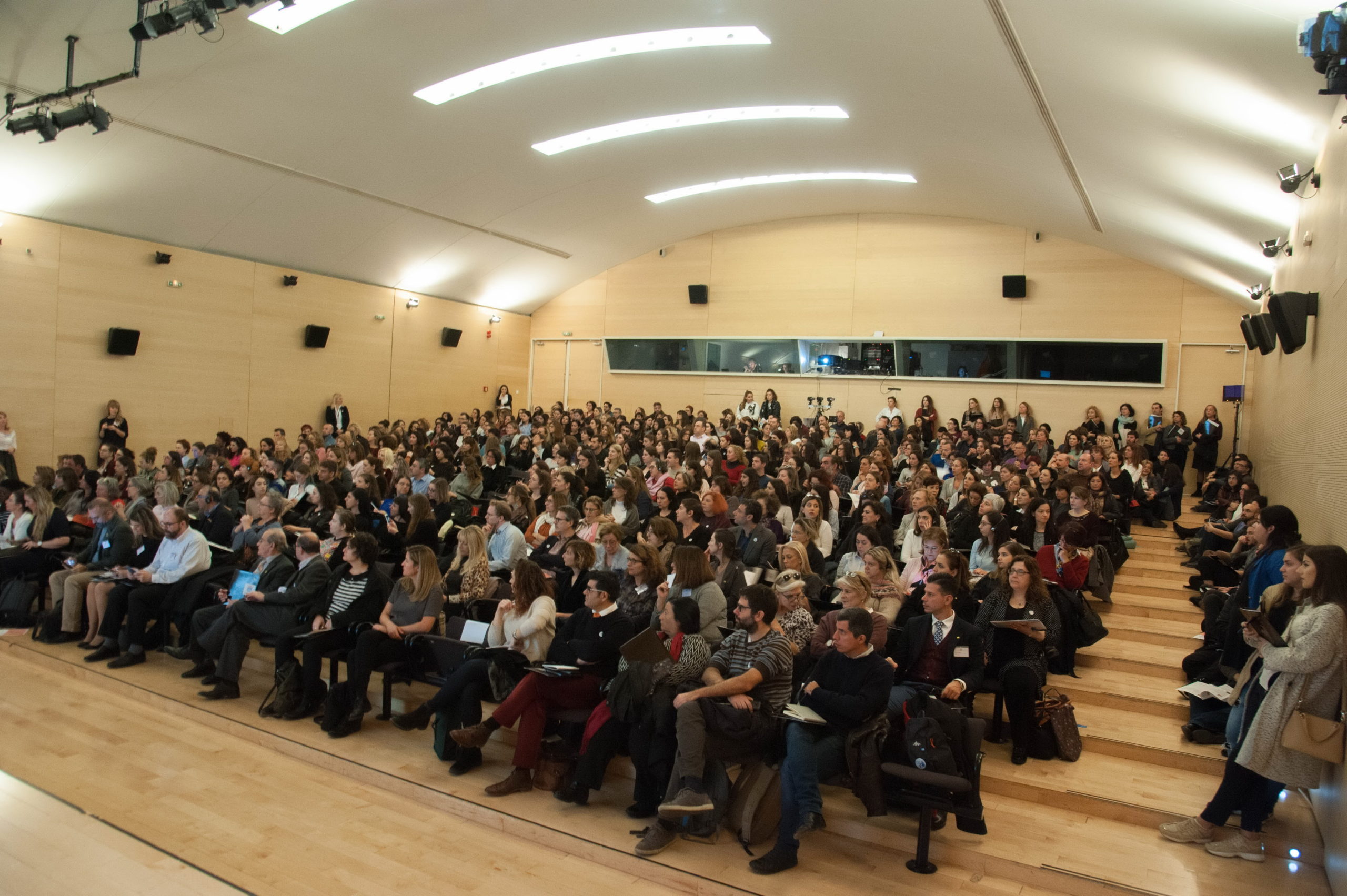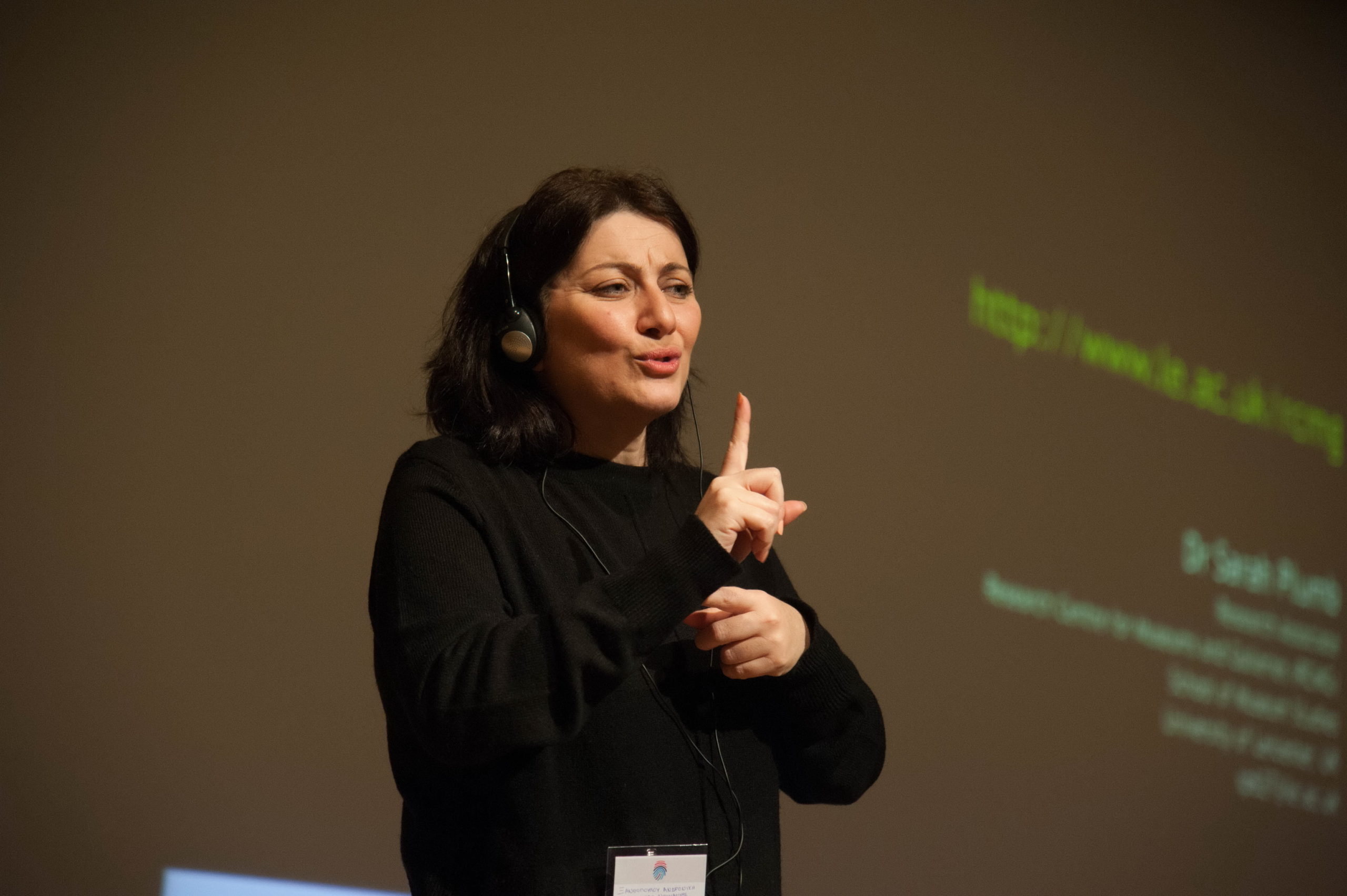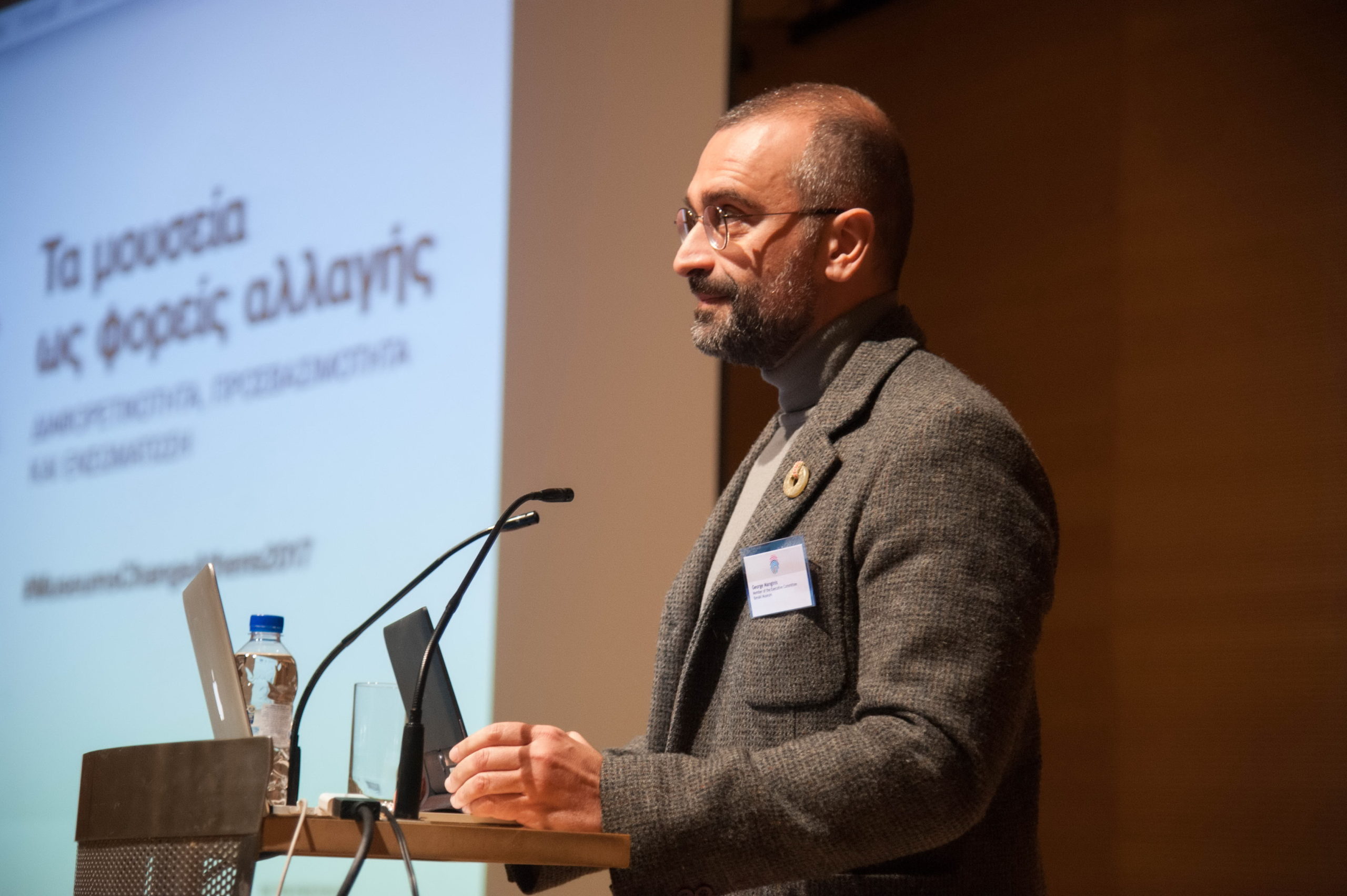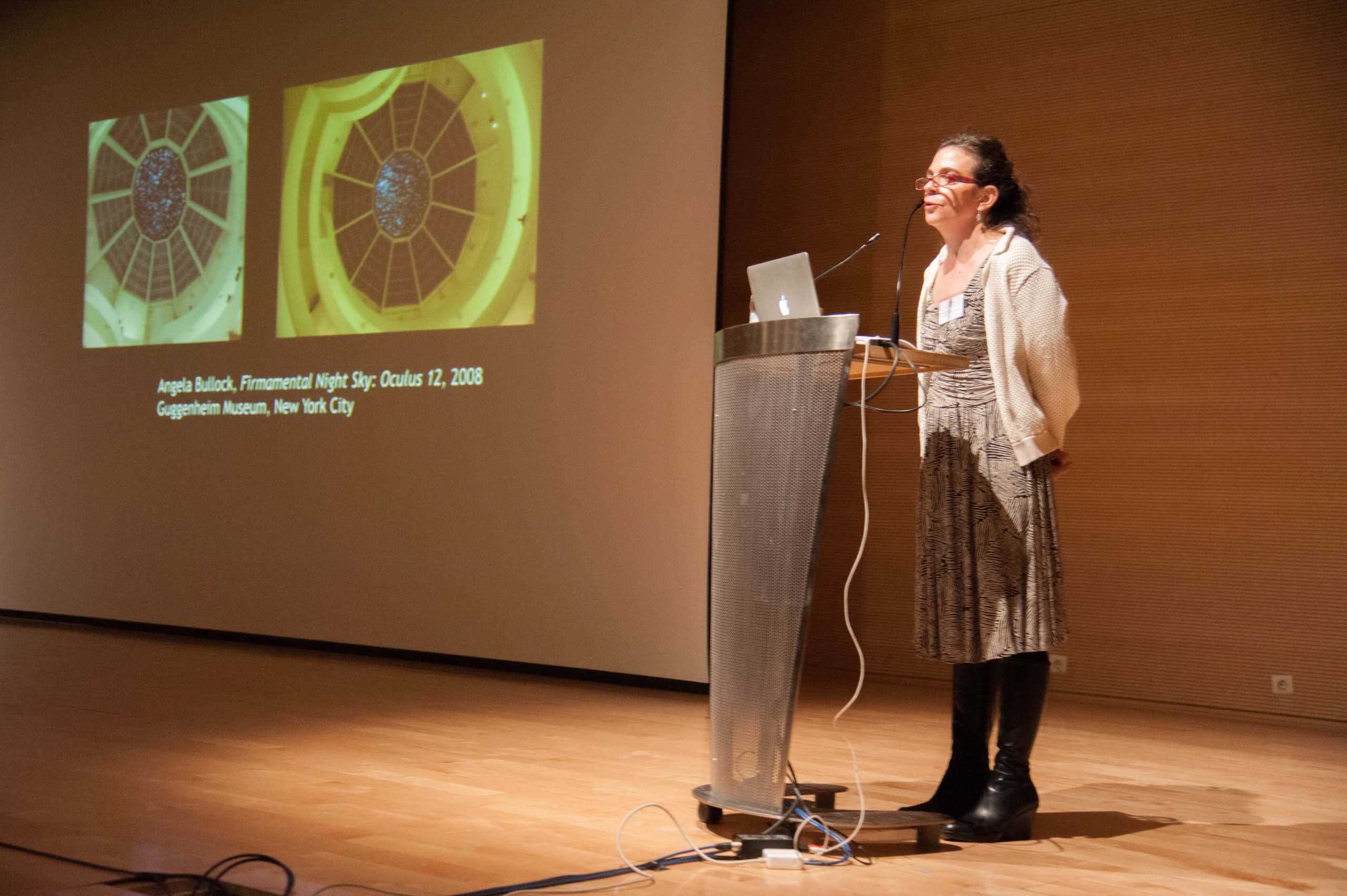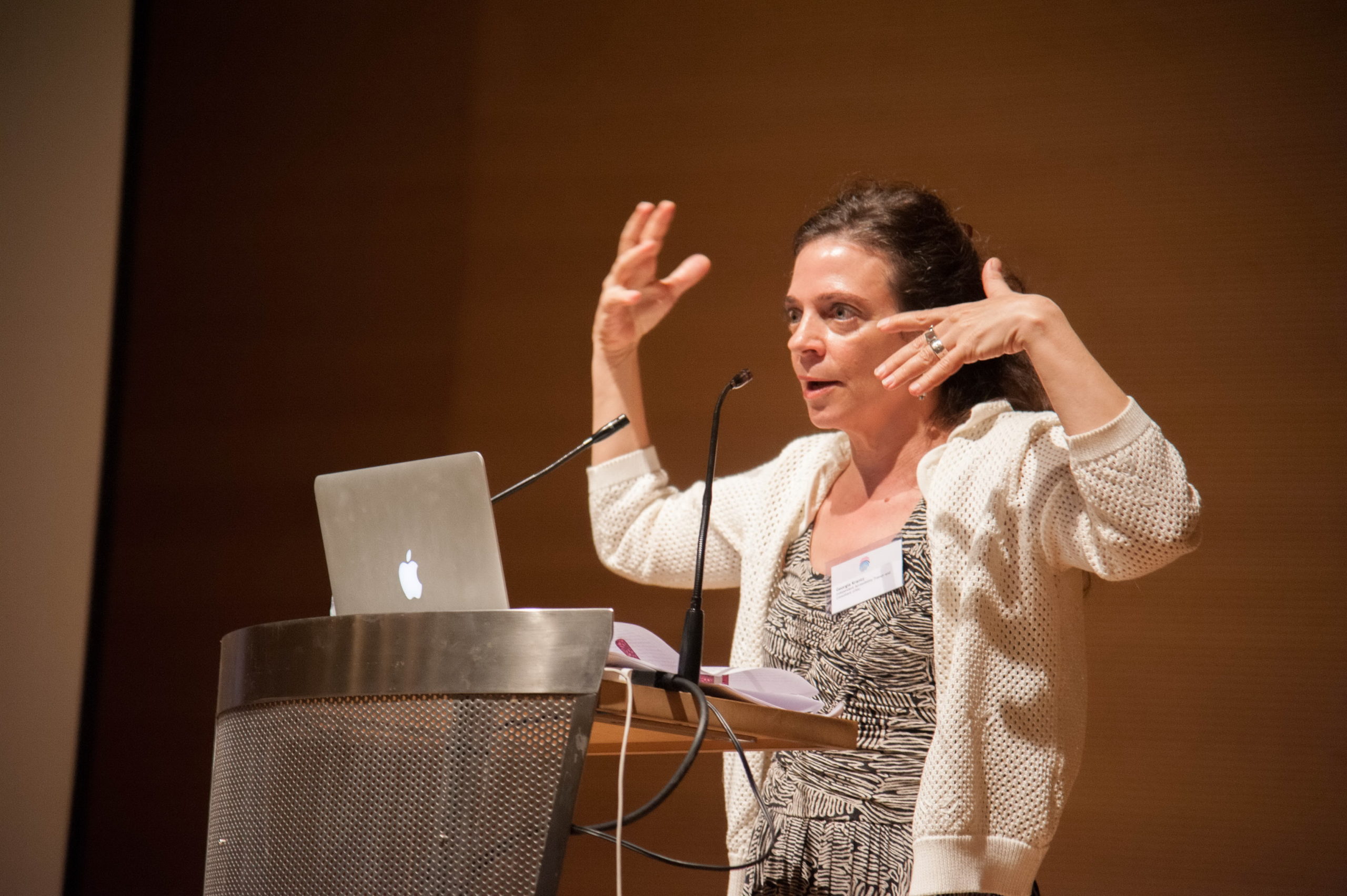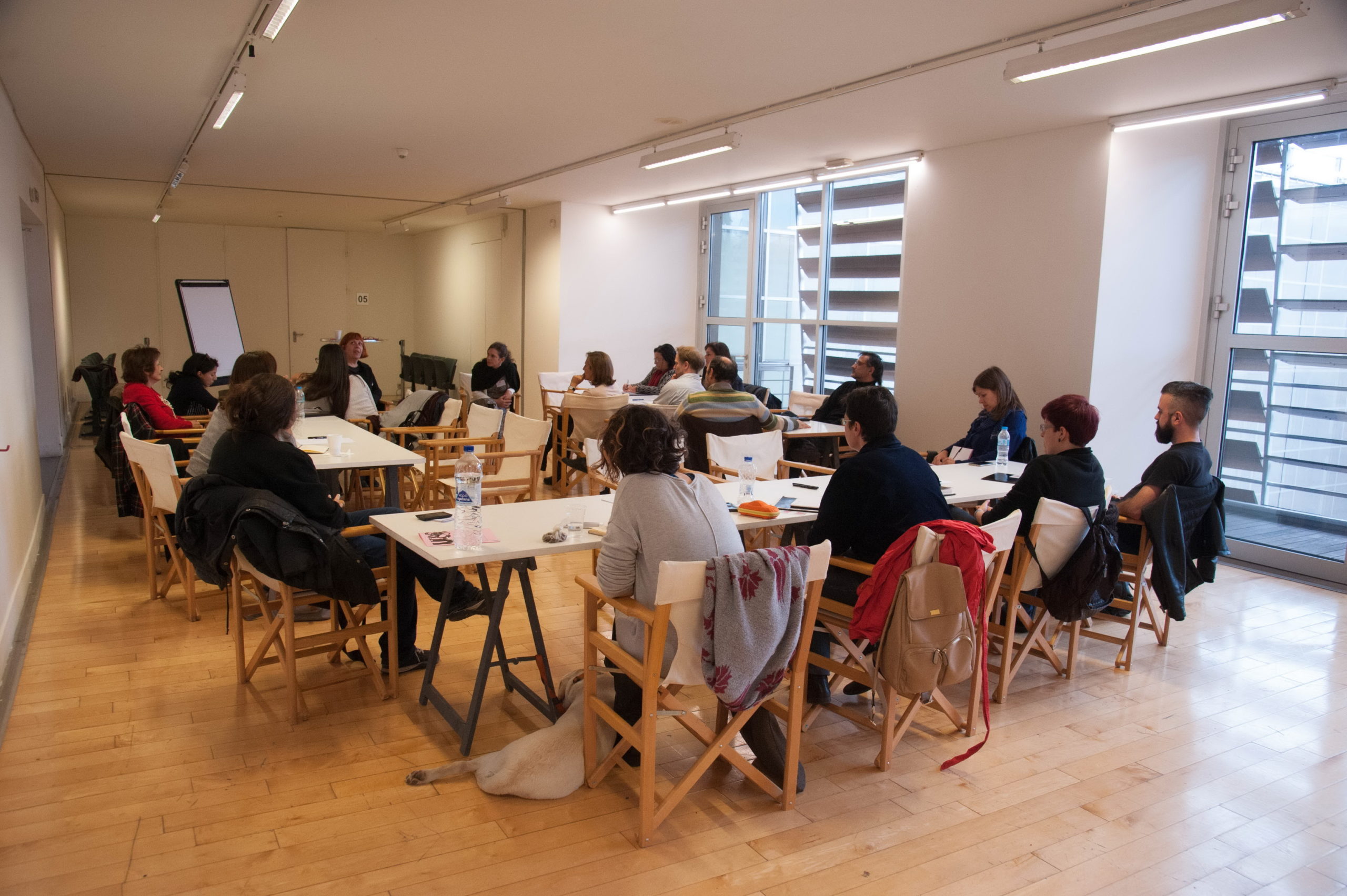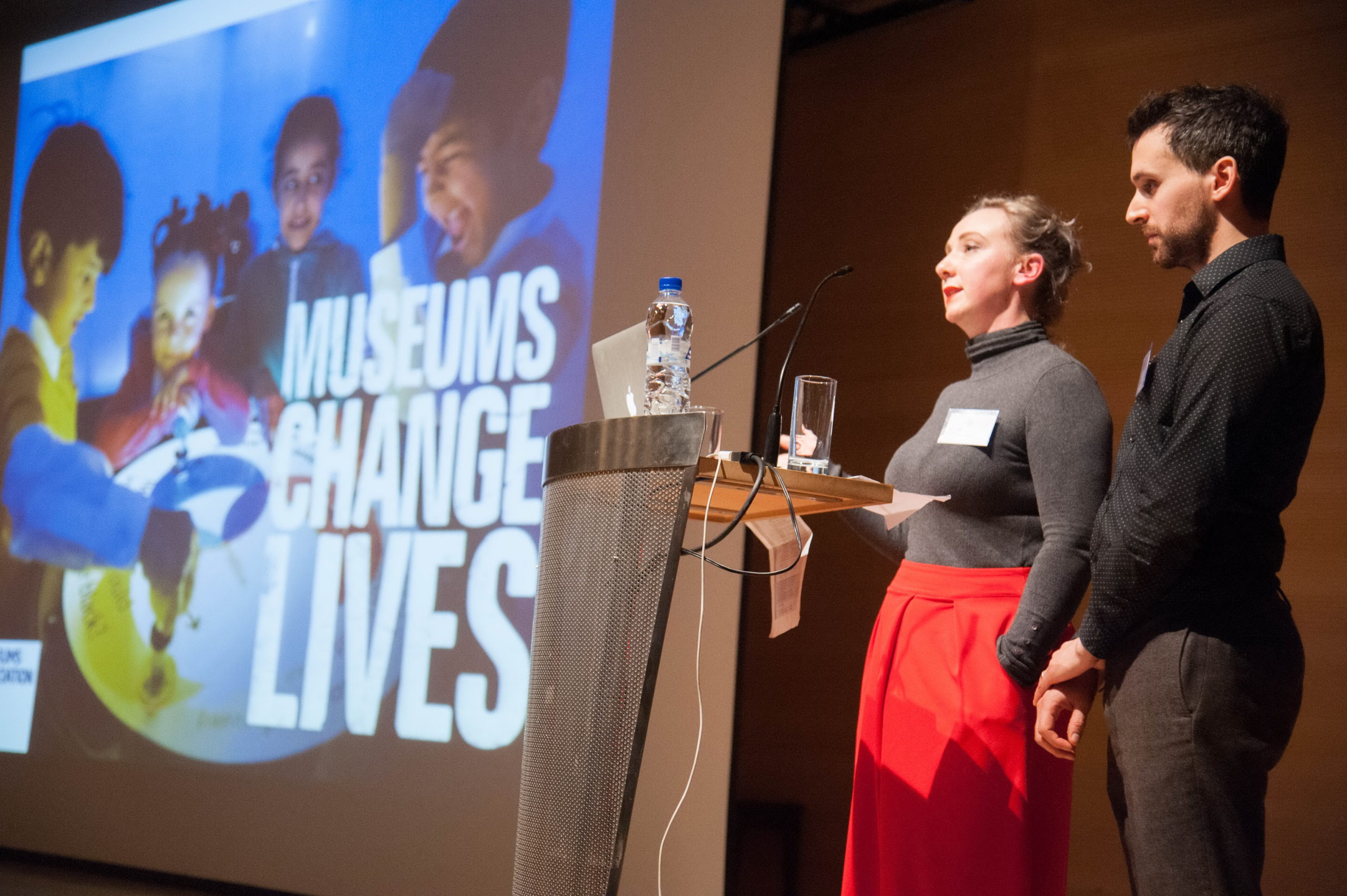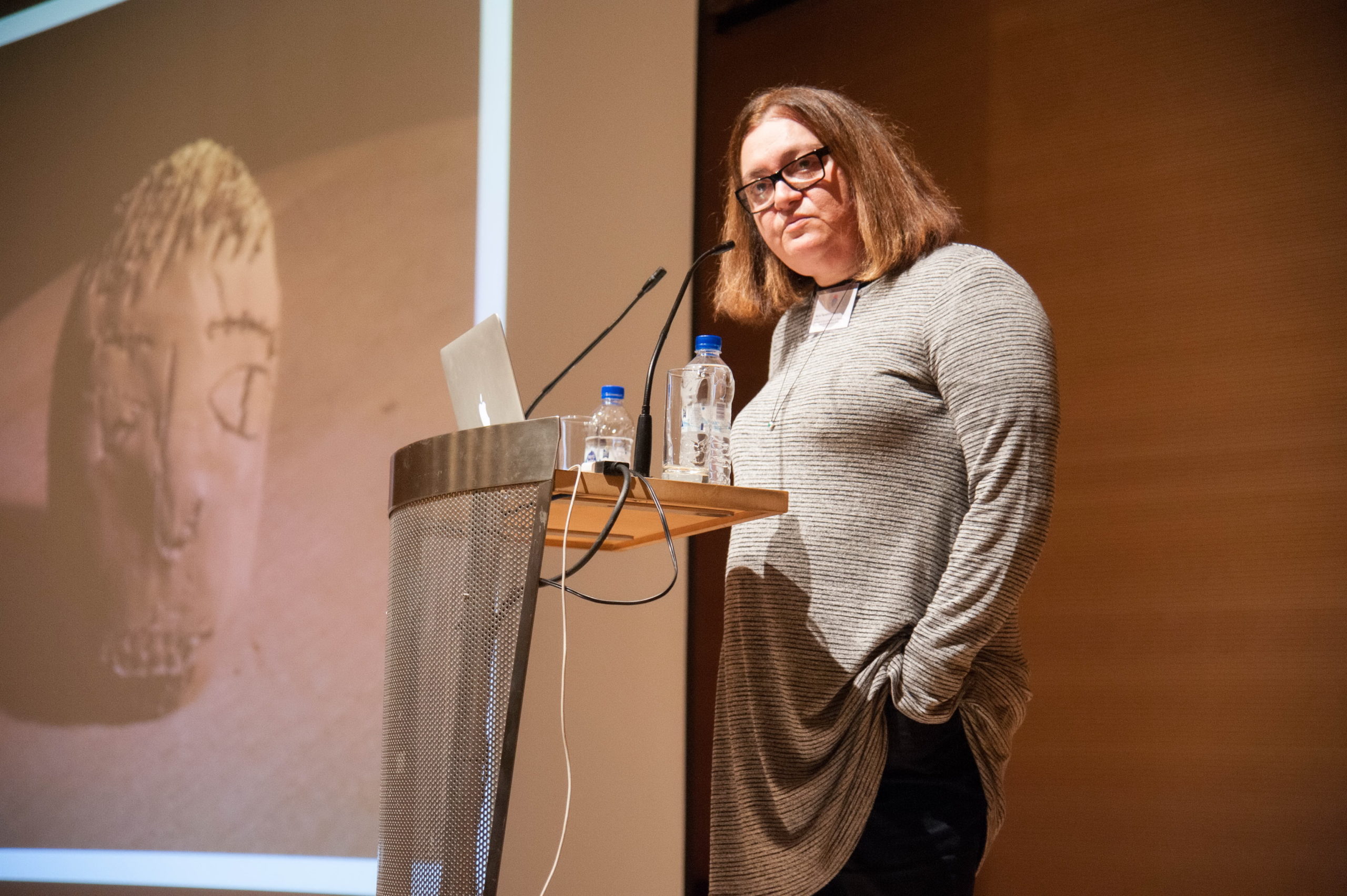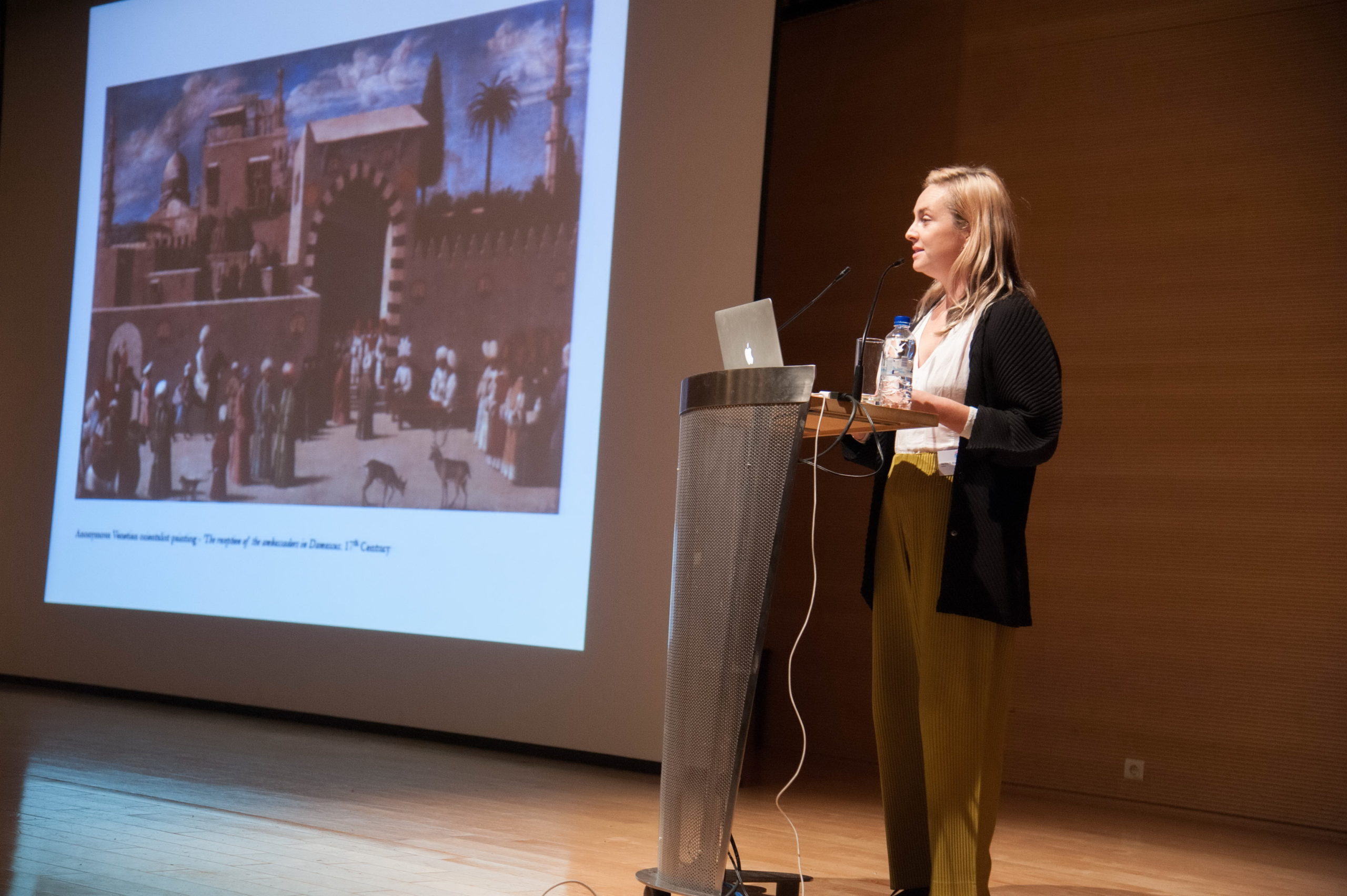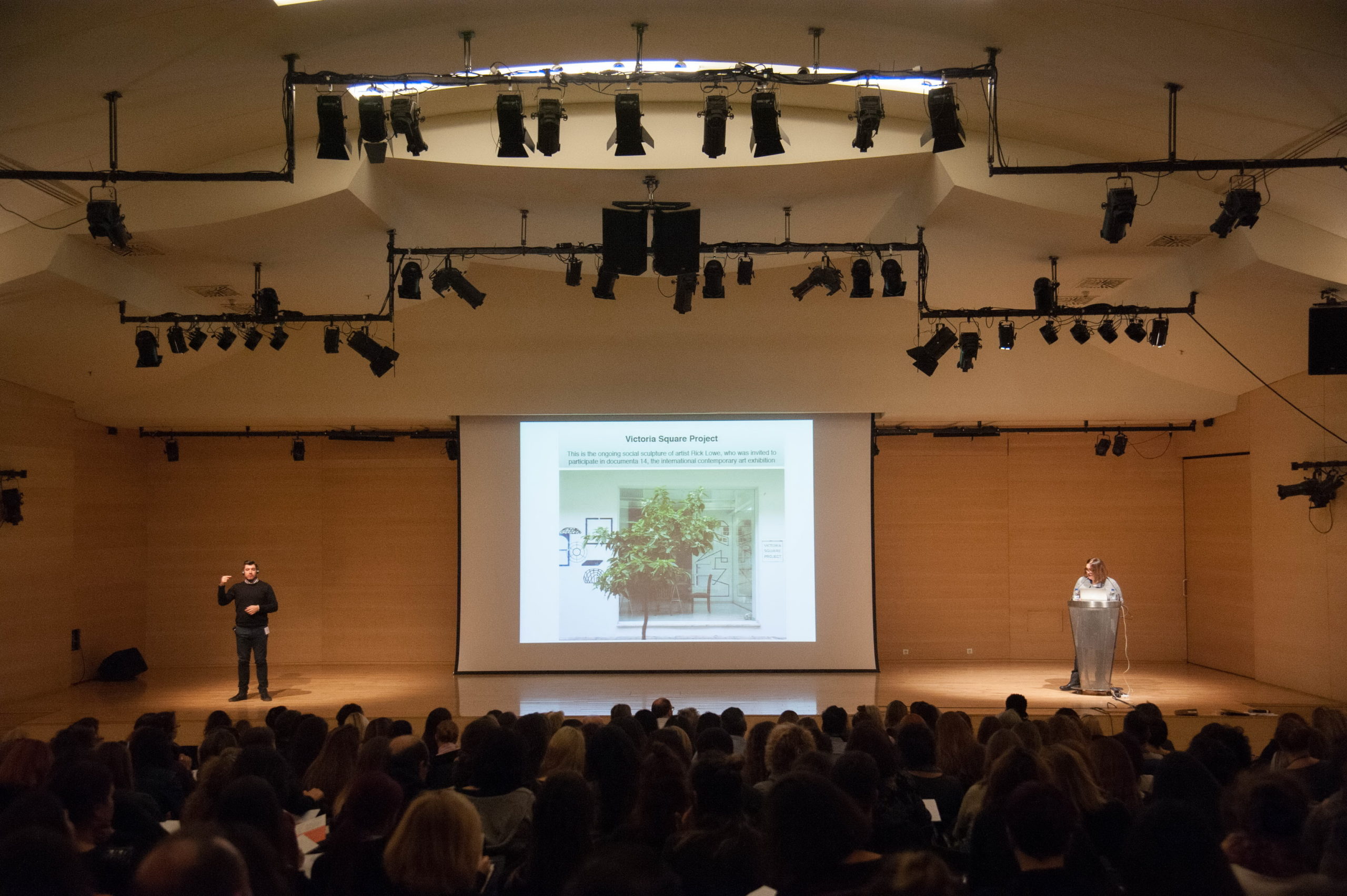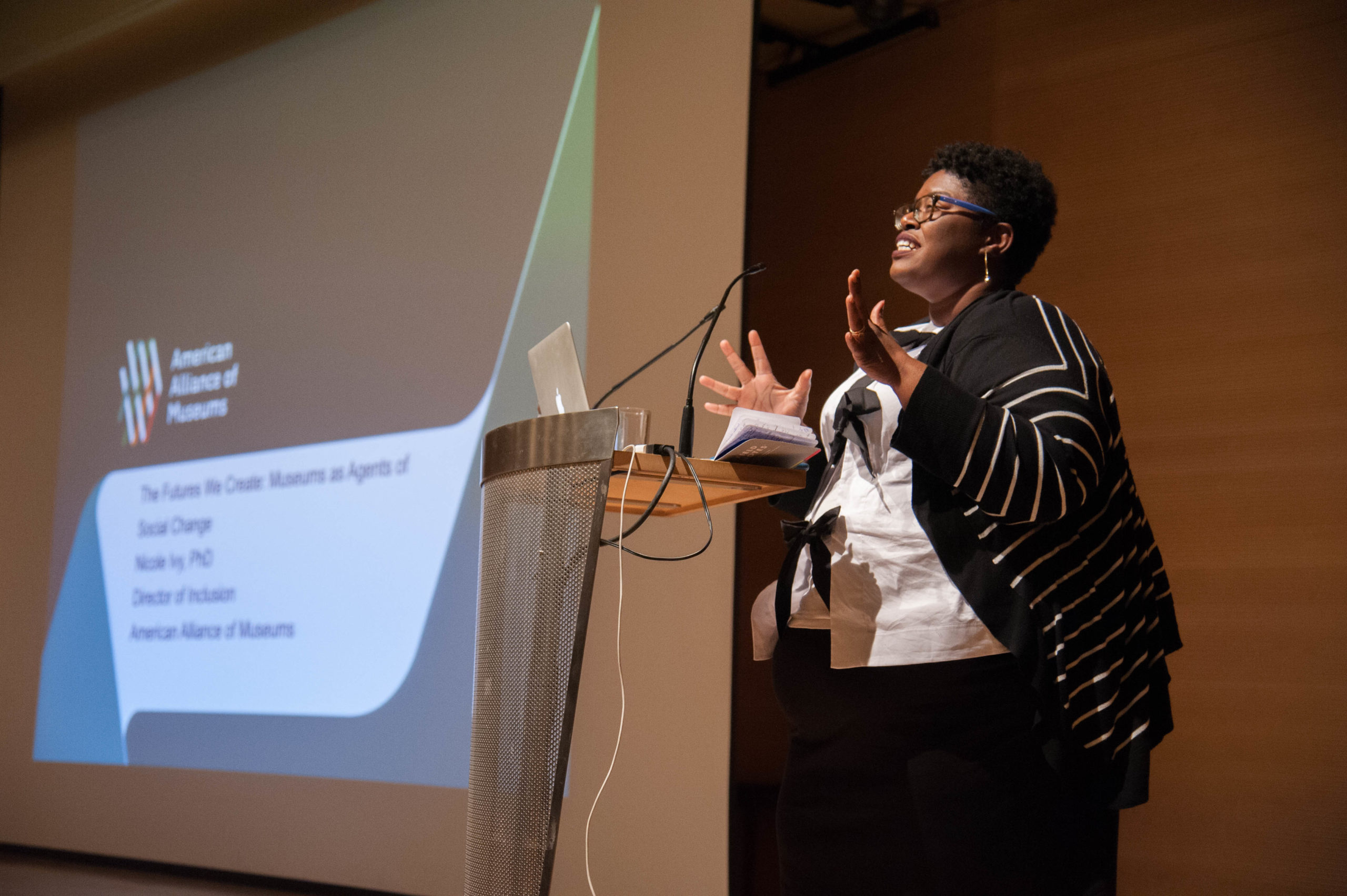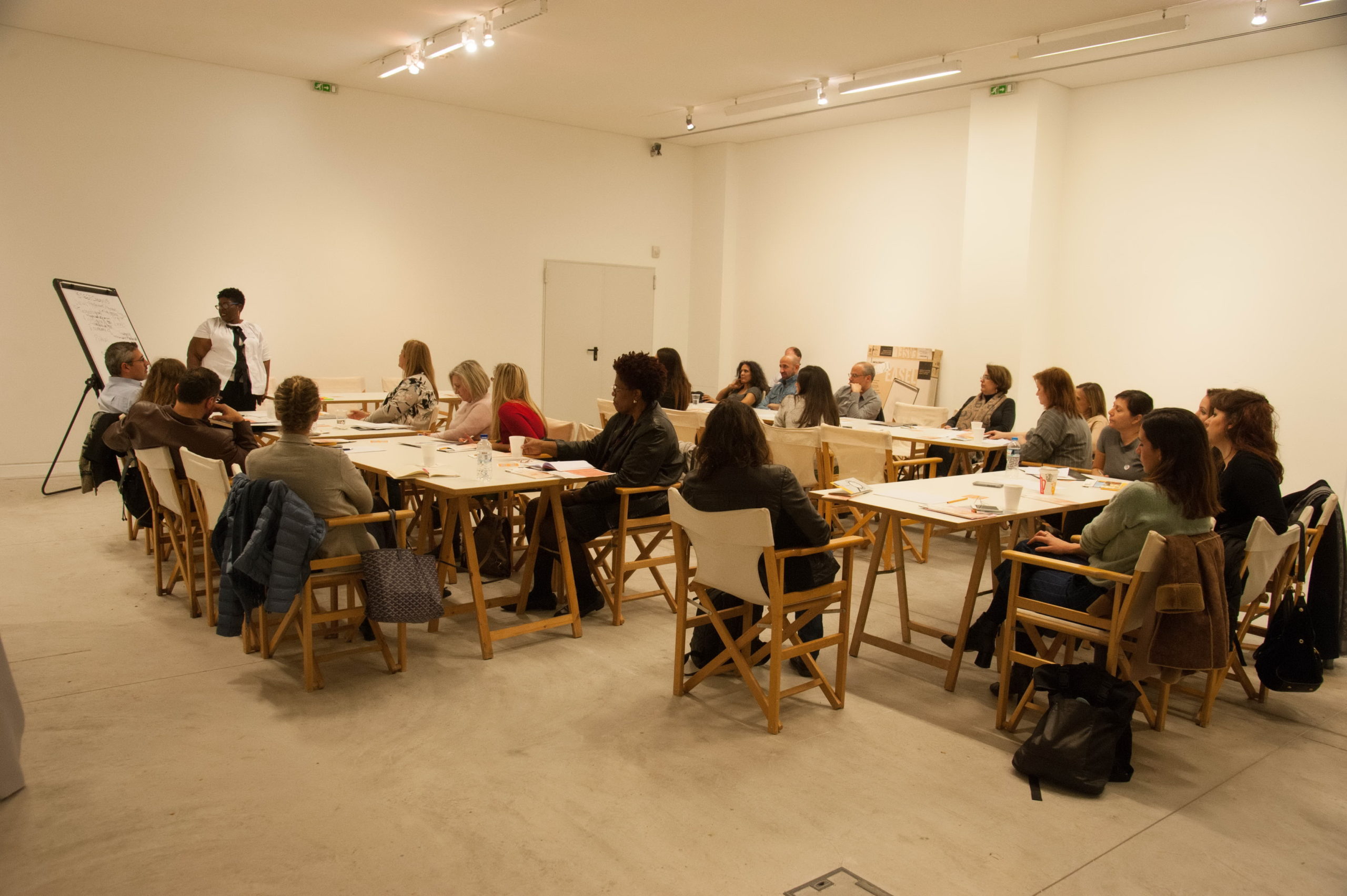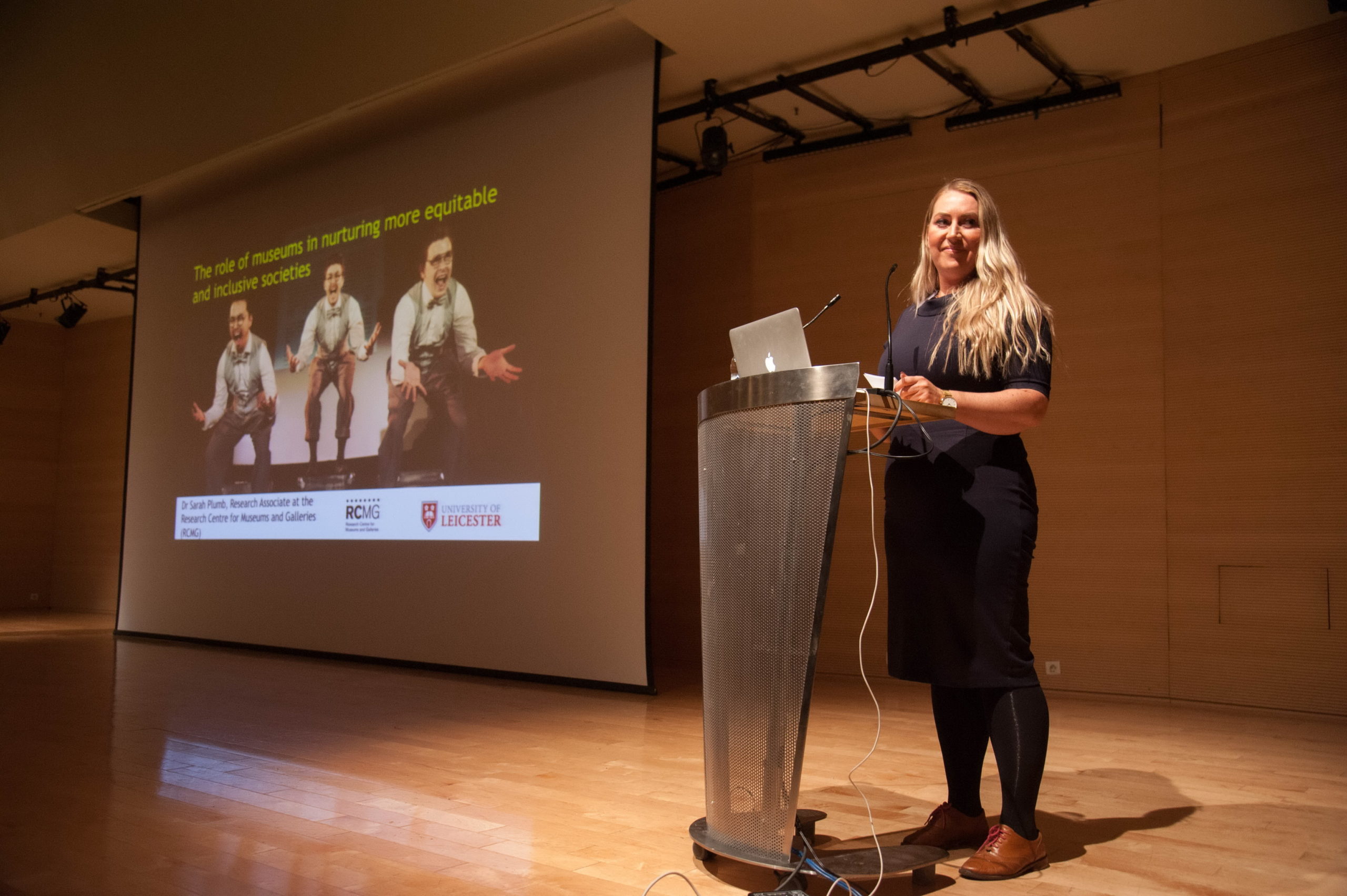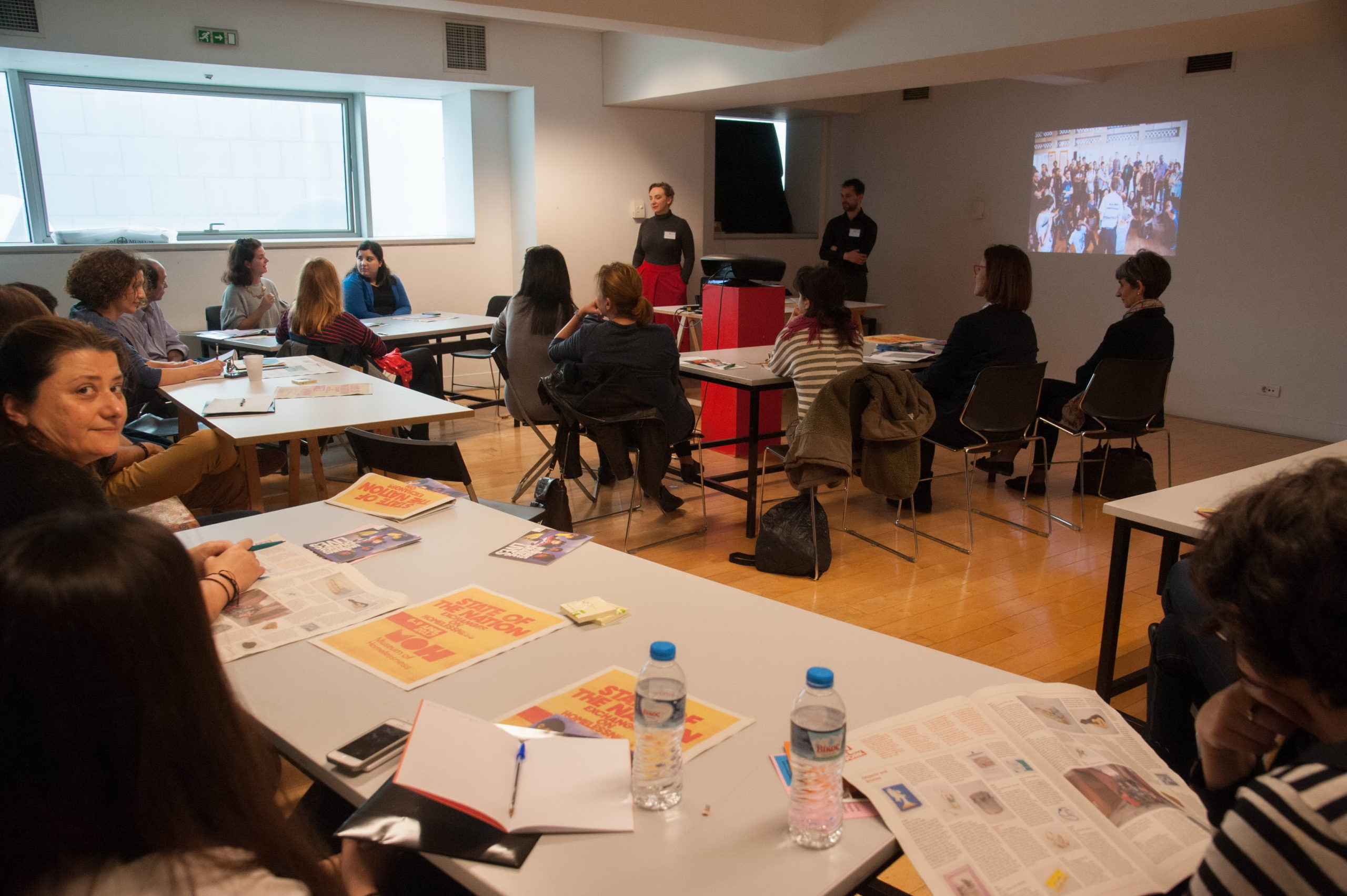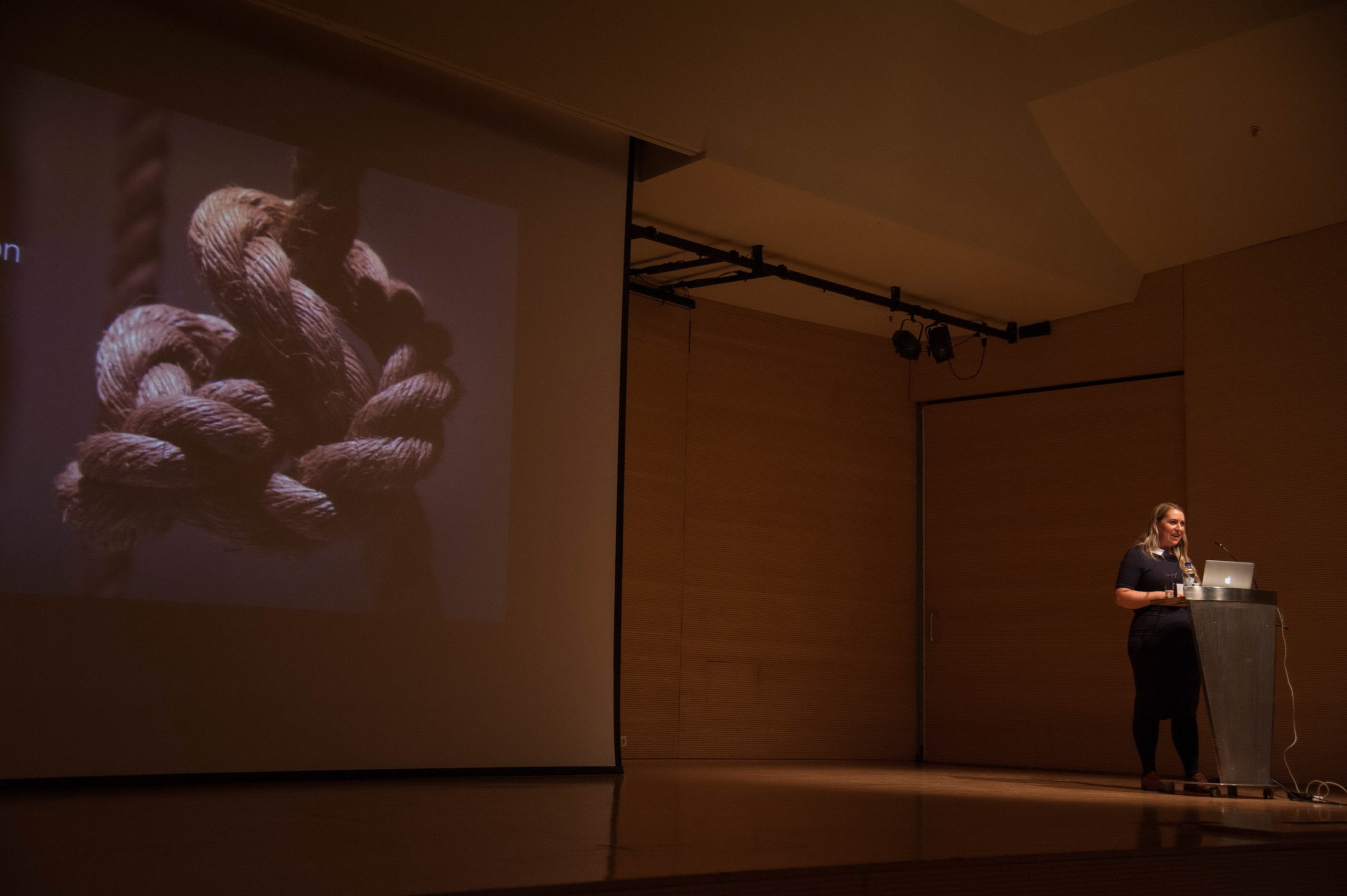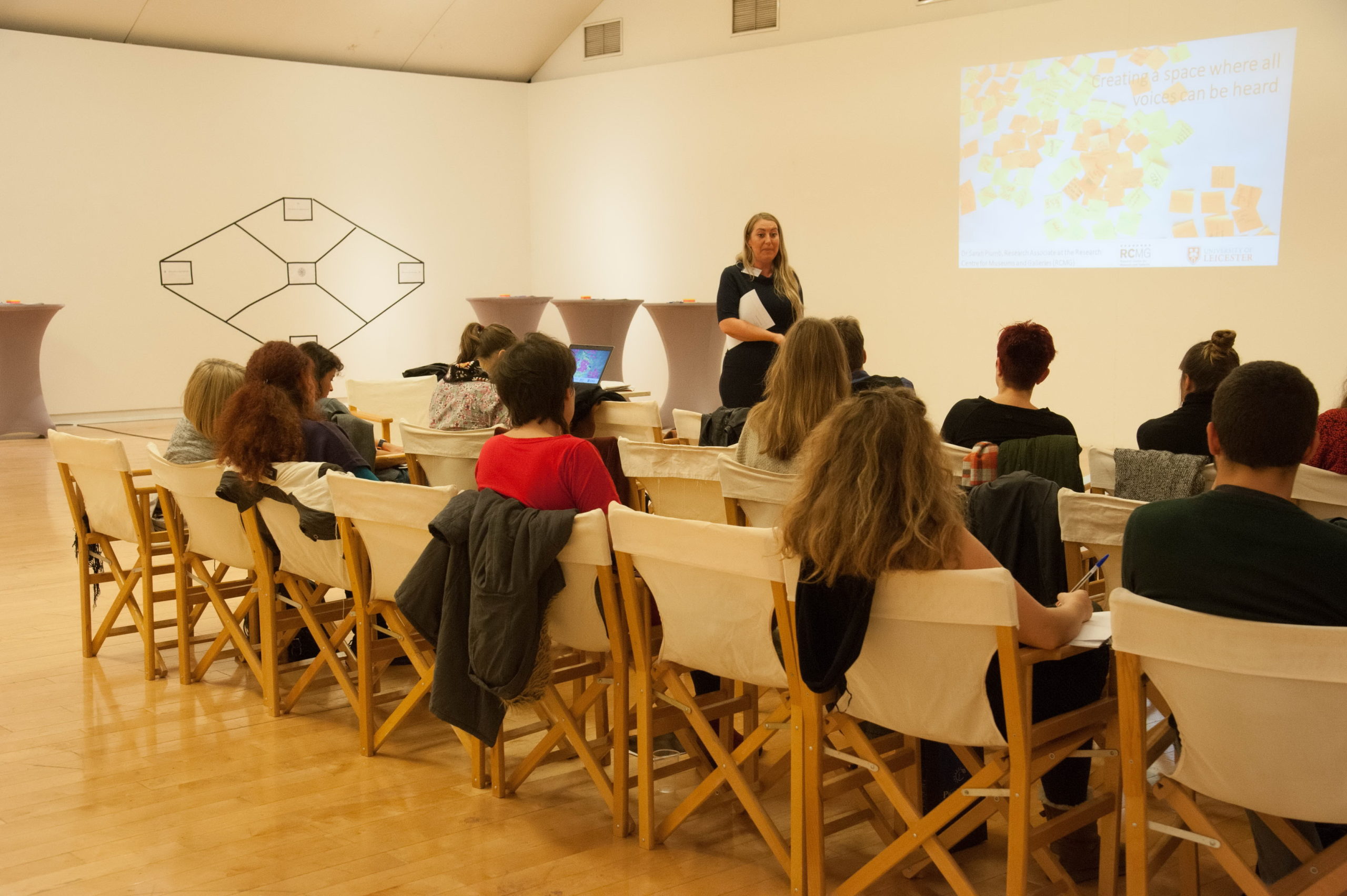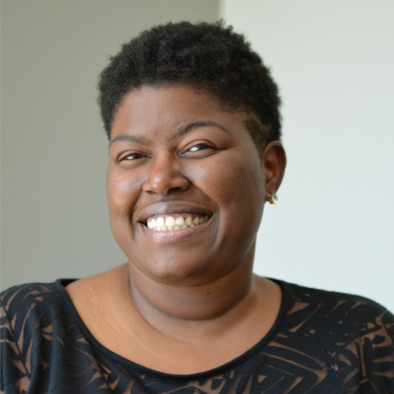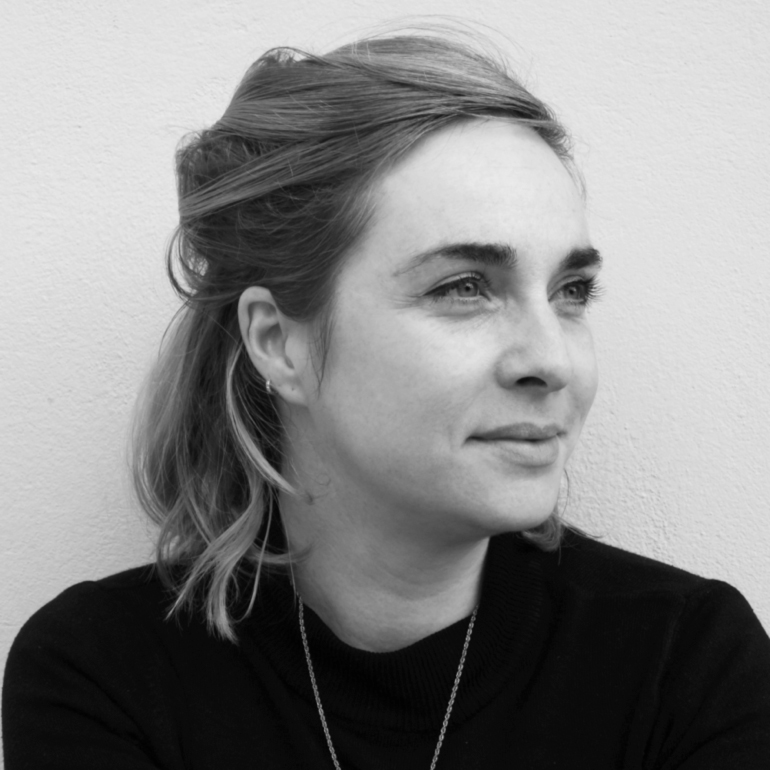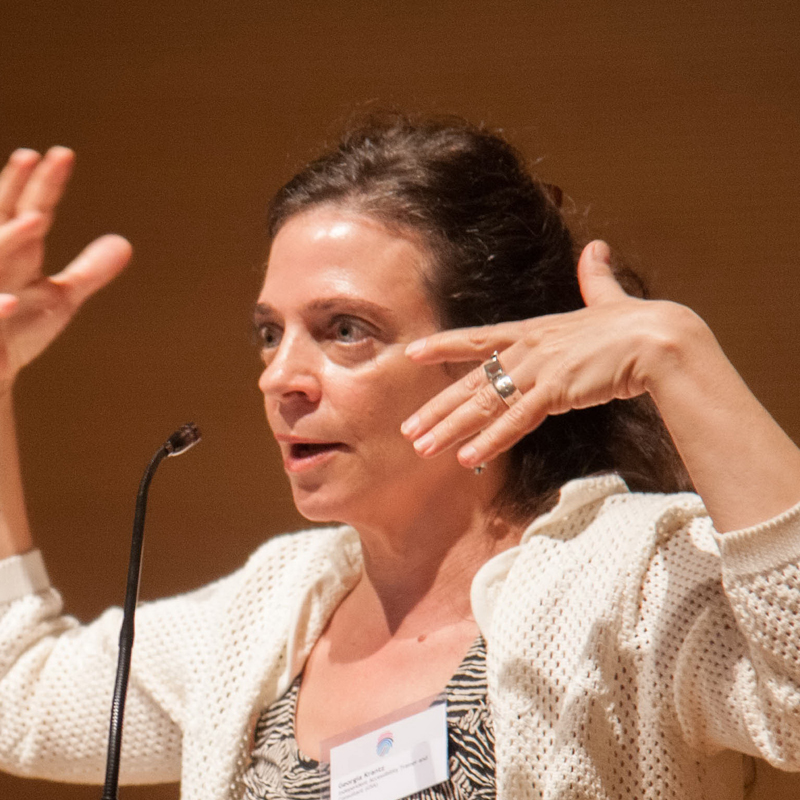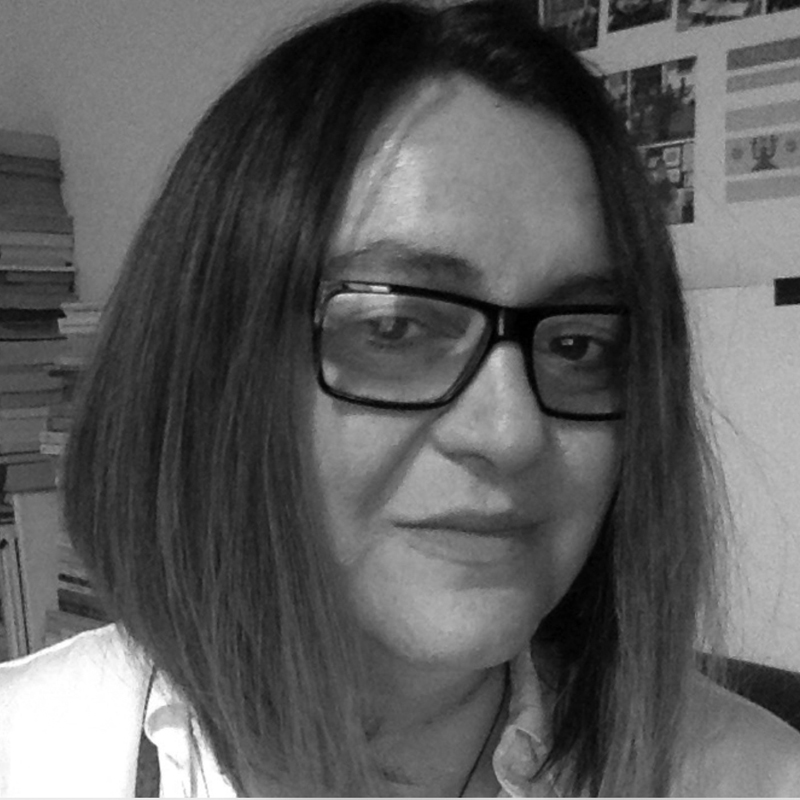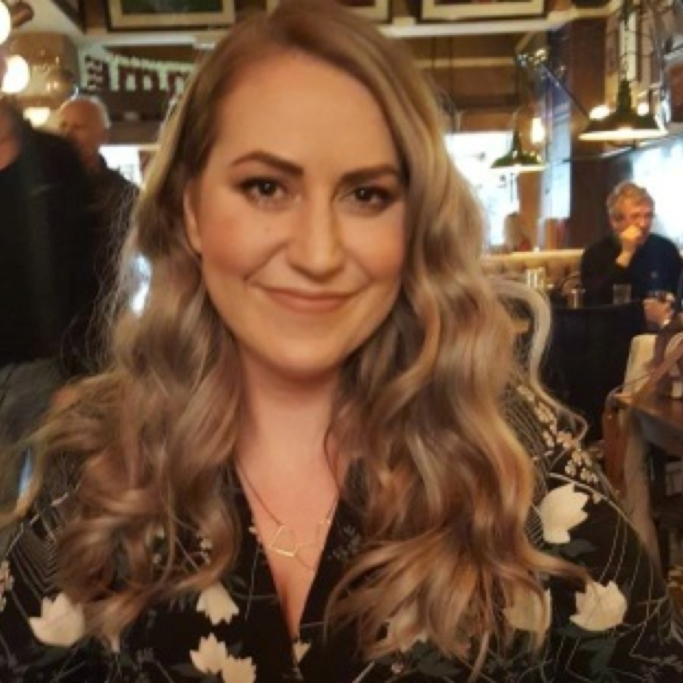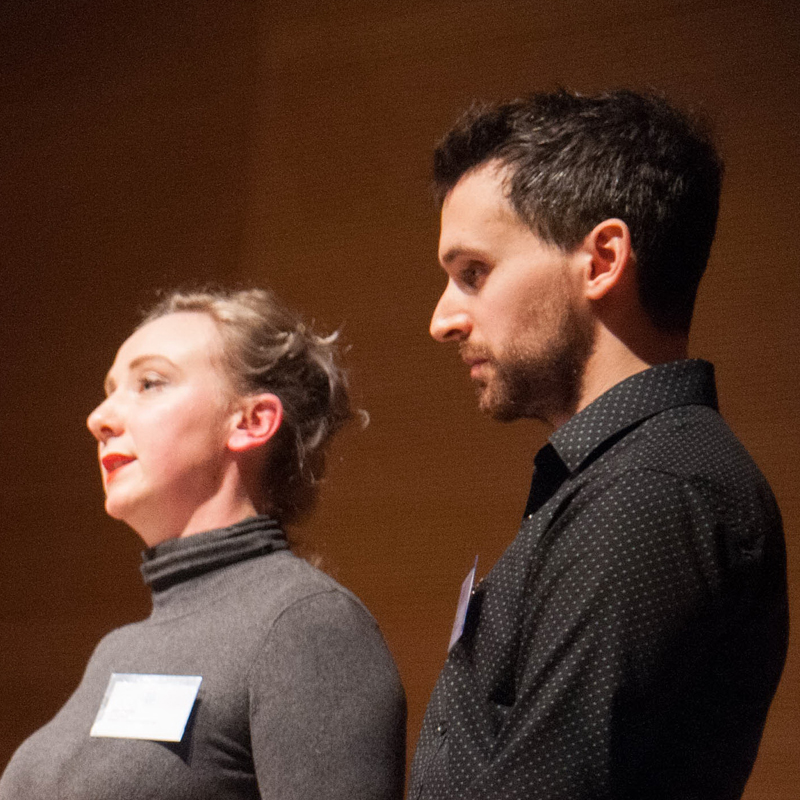MUSEUMS AS AGENTS OF CHANGE
DIVERSITY, ACCESSIBILITY AND INCLUSION
ATHENS, 30 NOV 2017
THESSALONIKI, 1 DEC 2017
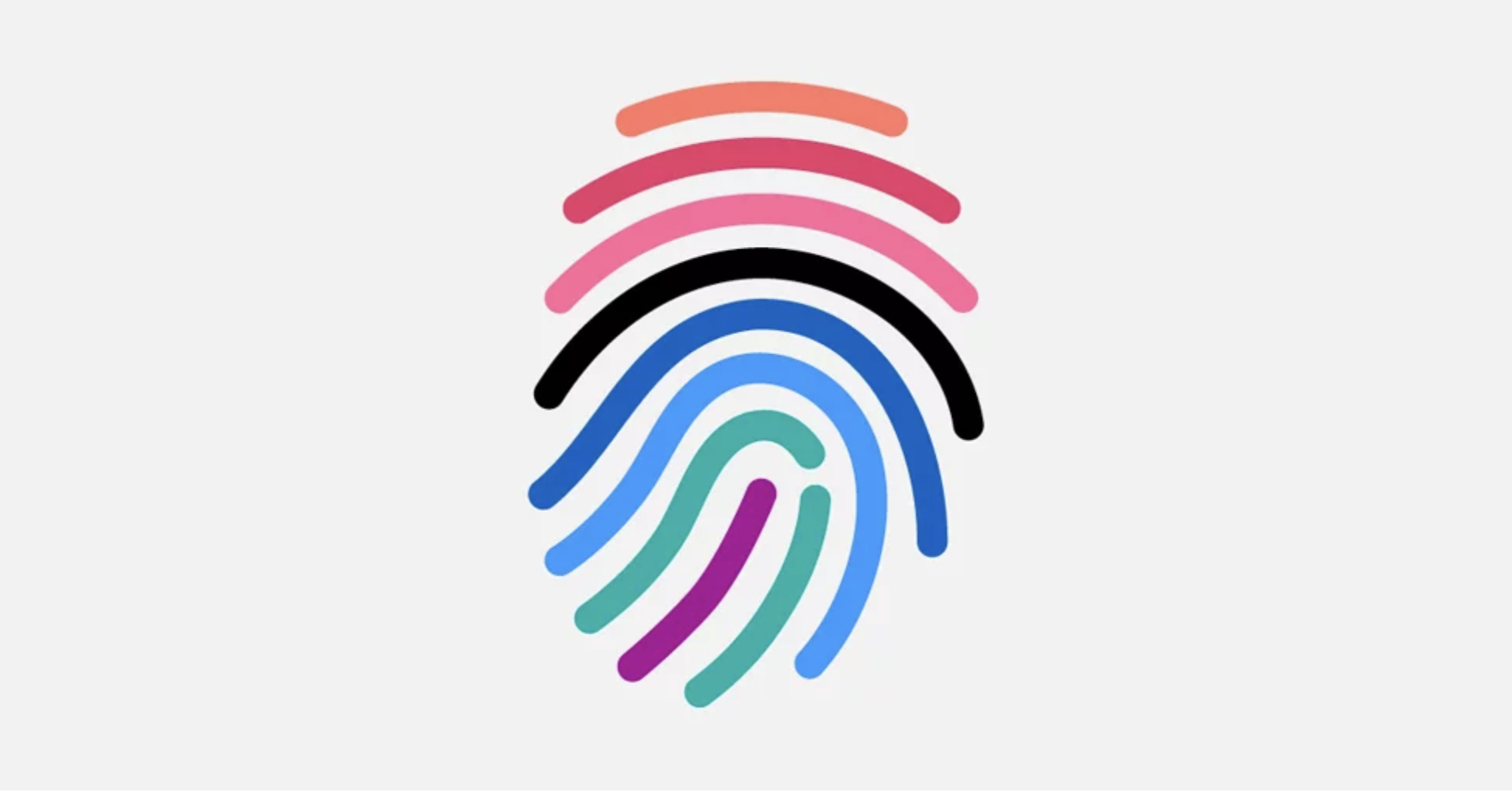
It has been stated that museums and cultural institutions can change people’s lives. They are pillars of healthy communities and ideal spaces to connect people. While communities around the globe address issues of immigration, religious expression, cultural diversity, discrimination, gender identity, and equality, the commitment of museums to diversity, equity, accessibility, and inclusion has never been more important.
At the seventh edition of the Museum Conference, museum and cultural professionals from the U.S., the UK and Greece will examine the social impact of museums, their role in promoting social inclusion and cohesion, and how diversity and accessibility programs are directly linked with audience engagement, funding sources, resilience and sustainability. The Museum Conference will explore how cultural institutions can reach and retain diverse audiences beyond race, ethnicity, age, class, ability, language and gender; how can museums give voice to underprivileged groups and become places for creative exchange and open dialogue. The conference will also examine how arts professionals can make accessibility a lifelong process for museums and cultural organizations and how cultural organizations can approach wellbeing and become central elements of their communities.
MUSEUMS AS AGENTS OF CHANGE
DIVERSITY, ACCESSIBILITY AND INCLUSION
ATHENS, 30 NOV 2017
THESSALONIKI, 1 DEC 2017

It has been stated that museums and cultural institutions can change people’s lives. They are pillars of healthy communities and ideal spaces to connect people. While communities around the globe address issues of immigration, religious expression, cultural diversity, discrimination, gender identity, and equality, the commitment of museums to diversity, equity, accessibility, and inclusion has never been more important.
At the seventh edition of the Museum Conference, museum and cultural professionals from the U.S., the UK and Greece will examine the social impact of museums, their role in promoting social inclusion and cohesion, and how diversity and accessibility programs are directly linked with audience engagement, funding sources, resilience and sustainability. The Museum Conference will explore how cultural institutions can reach and retain diverse audiences beyond race, ethnicity, age, class, ability, language and gender; how can museums give voice to underprivileged groups and become places for creative exchange and open dialogue. The conference will also examine how arts professionals can make accessibility a lifelong process for museums and cultural organizations and how cultural organizations can approach wellbeing and become central elements of their communities.
MUSEUMS AS AGENTS OF CHANGE
DIVERSITY, ACCESSIBILITY AND INCLUSION
ATHENS, 30 NOV 2017
THESSALONIKI, 1 DEC 2017

SPEAKERS
Professor of the University of Thessaly,
Department of Architecture GR
Research Centre for Museums and Galleries,
University of Leicester
UK
GALLERY
